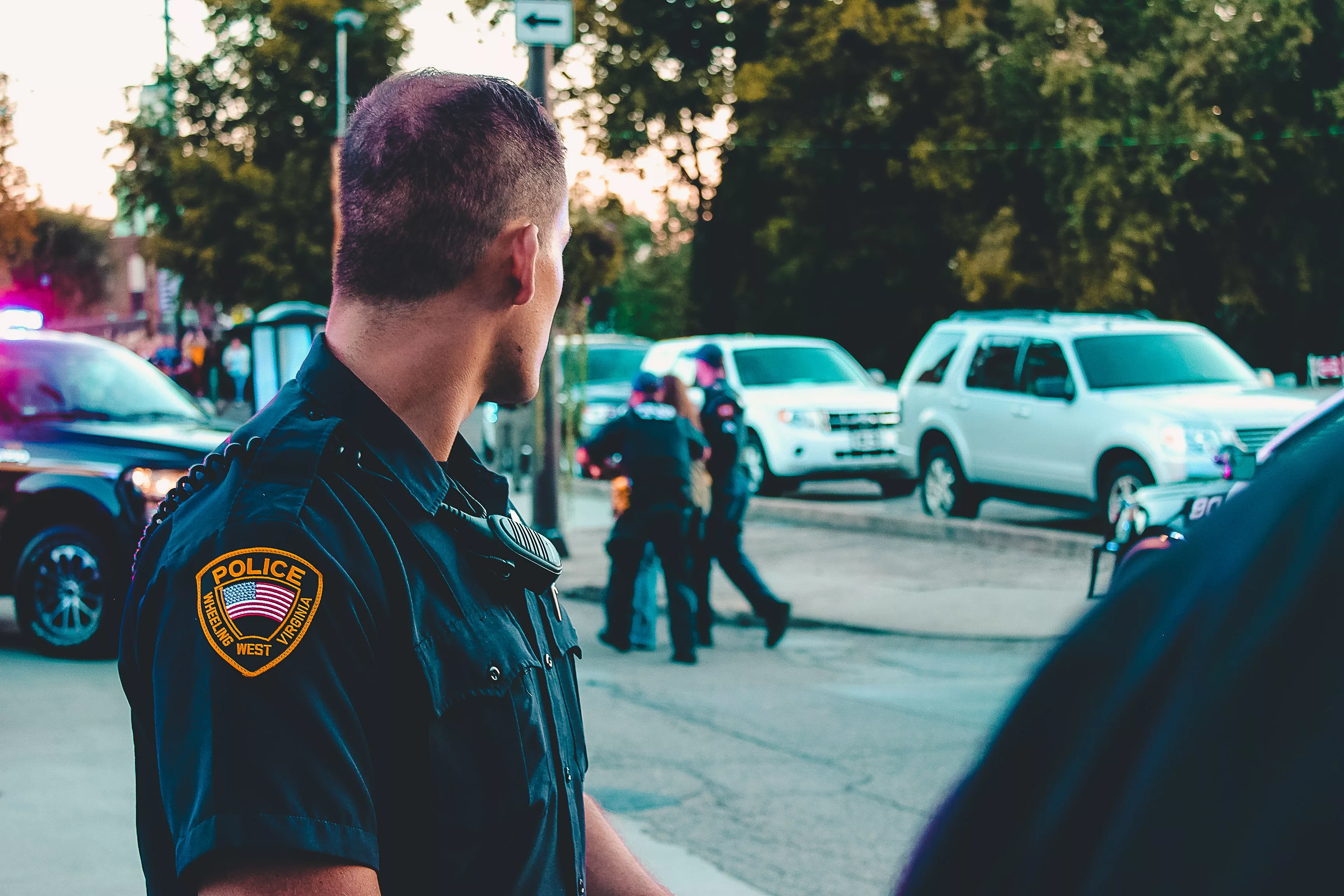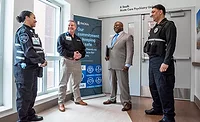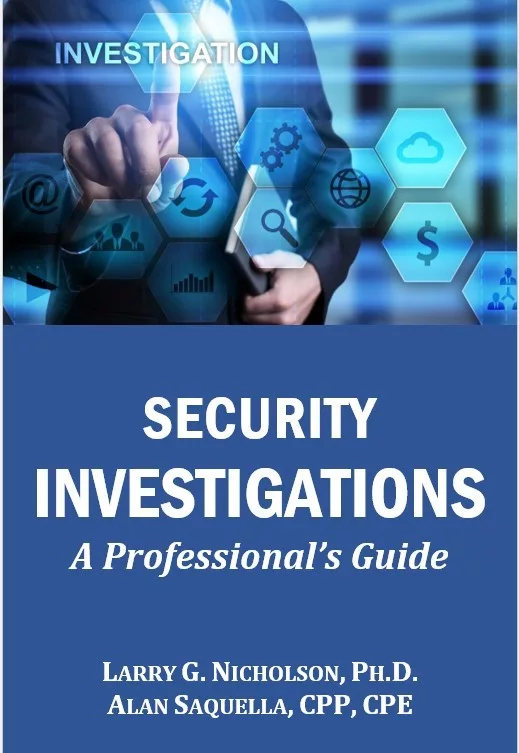Behavioral Health Report Says Mental Illness Plays a Minor Role in Mass Shootings

To dispel misconceptions and uncover the real issues surrounding mass violence, MDI convened a panel of experts, including clinicians who treat individuals with mental illnesses and substance use disorders, administrators, policymakers, researchers, educators, advocates, law enforcement personnel, judges, FBI personnel and parents to conduct an evidence-based analysis of mass violence.
The report examines existing data and expertise on mass violence and makes recommendations, including:
- Creation of threat assessment teams with members from human resources, law enforcement, legal teams, security departments and behavioral health clinicians.
- Enactment of state extreme-risk protection orders (also known as red flag laws) that allow for the temporary removal of guns from individuals who are known to pose a high risk of harming others or themselves in the near future.
- Involve mental health professionals in threat assessments conducted by law enforcement and implementation of red flag laws.
- The requirement of training on violence risk assessment for all clinicians.
- Training staff within schools, law enforcement and communities with high-risk groups in Mental Health First Aid, which teaches skills to respond to the signs of mental and substance abuse disorders.
- Reexamination of the effectiveness of zero-tolerance policies and security measures like bulletproof glass and metal detectors in schools.
“Mass violence is a community-wide problem that demands a community-wide solution,” said Joe Parks, M.D., co-chair of the Medical Director Institute. “While there is no single solution to mass violence, the report outlines a multifaceted community response that is required for addressing this large-scale and growing national issue.”
Chuck Ingoglia, president and CEO of the National Council for Behavioral Health, said with the release of the report, inaction on mass violence is no longer an option. “For many law enforcement officers, clinicians, teachers and others, a lack of knowledge has prevented them from developing a coordinated plan to prevent mass violence. Previously, we have done our best to prepare for the aftermath. With this comprehensive plan, we finally have a roadmap to preventing and reducing it.”
The expert panel was led by: Donald Bechtold, M.D., DLFAPA, FAACAP, chief medical officer, Jefferson Center for Mental Health; Sara Coffey, D.O., Assistant Professor of Psychiatry and Behavioral Sciences, Oklahoma State University; Jeffrey Lieberman, M.D., chair, Department of Psychiatry, Columbia University; and Frank Shelp, M.D., MPH, medical director, Envolve.
Looking for a reprint of this article?
From high-res PDFs to custom plaques, order your copy today!






